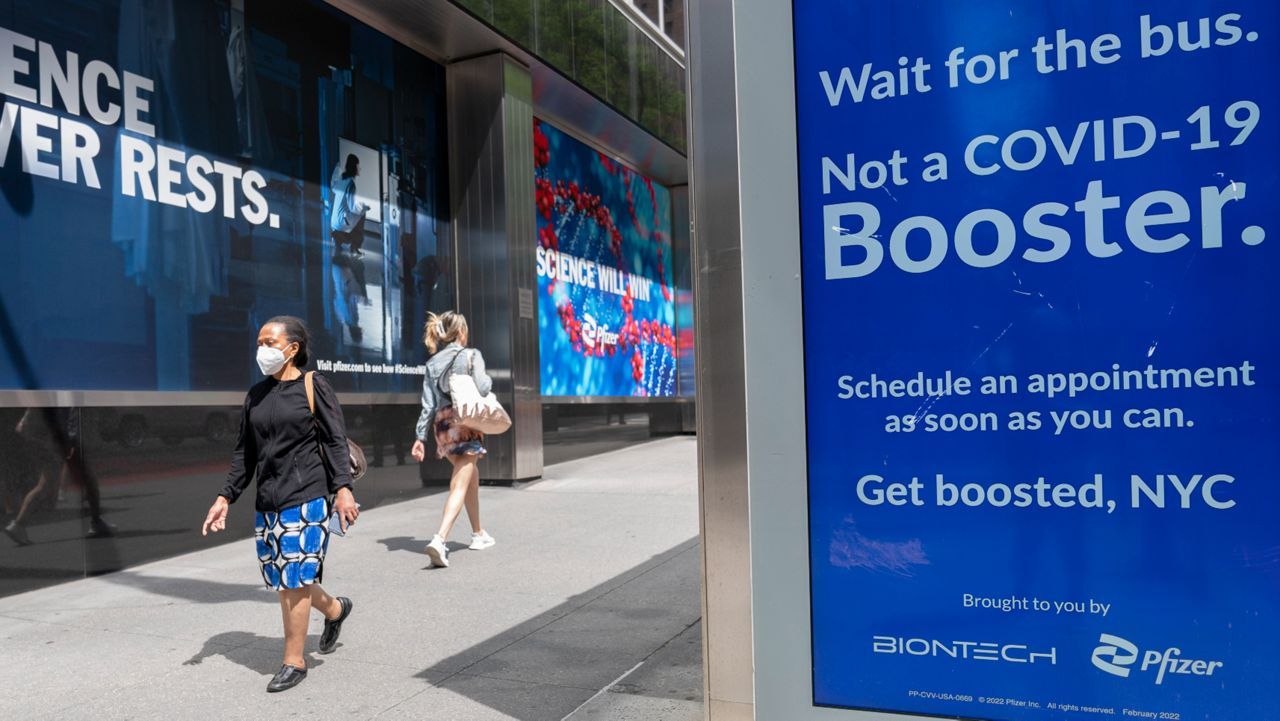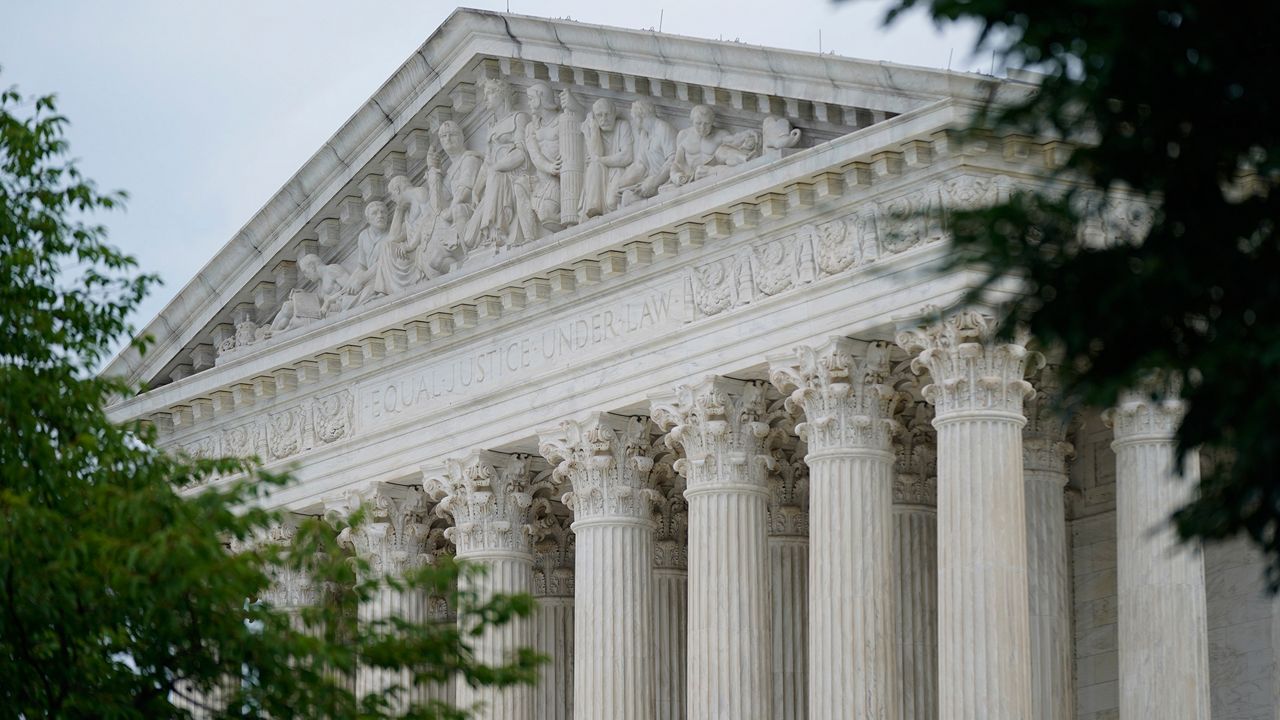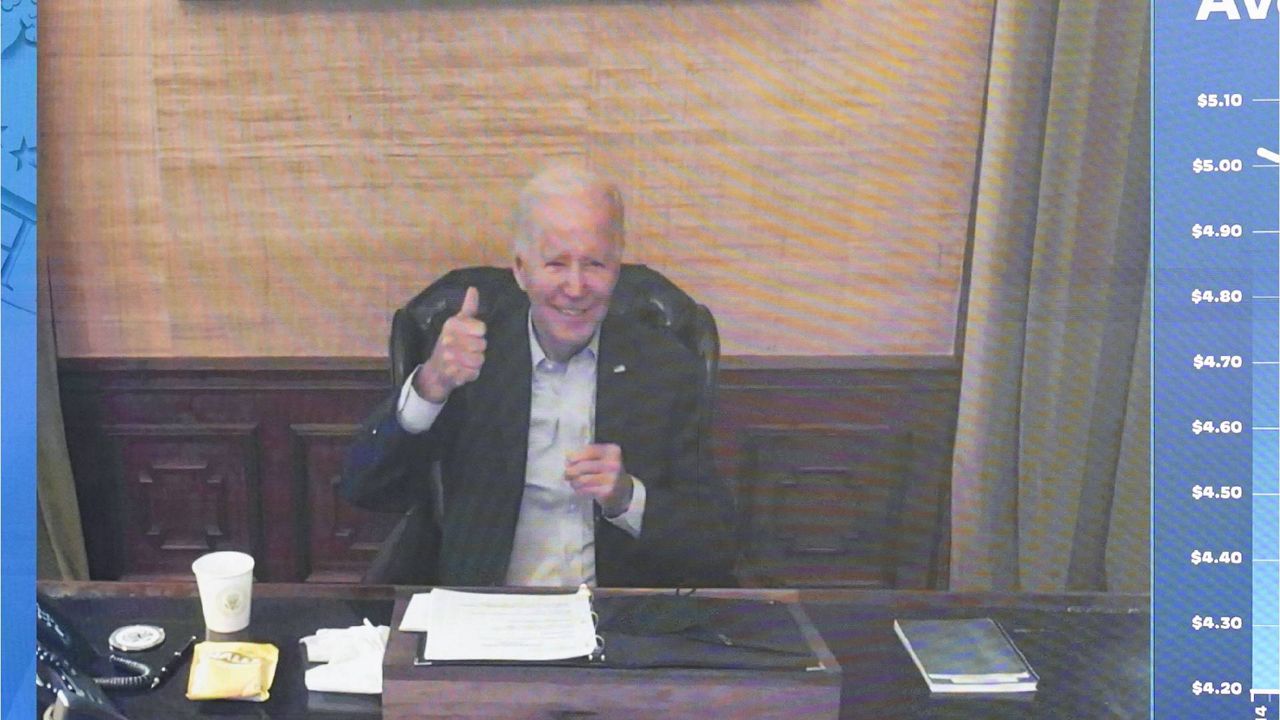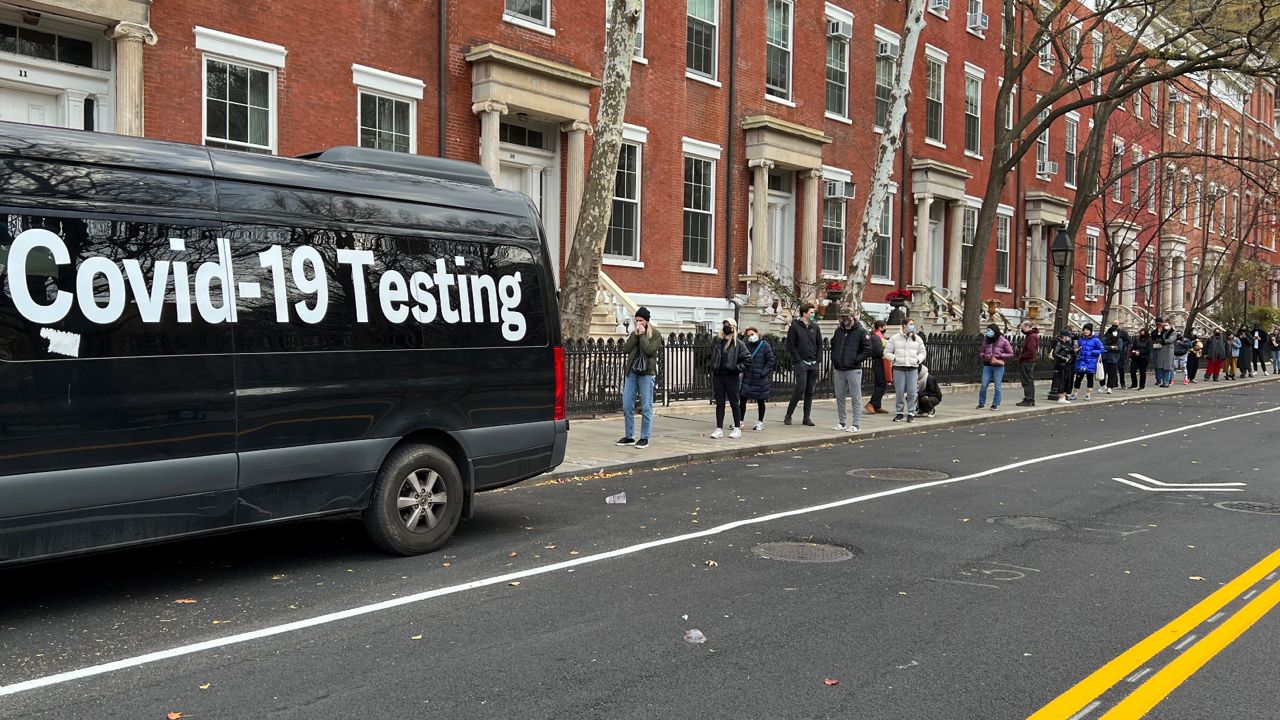The hustle of New York City will be back, but the bustle might be a bit subdued.
Gov. Andrew Cuomo is allowing some businesses in parts of upstate New York to resume operations next week.
- LIVE UPDATES: Coronavirus in New York City
- LIVES LOST: Remembering Victims of the Coronavirus
- What to Do If You Test Positive for COVID-19
- CDC Coronavirus Page
- WHO Coronavirus Page
It will be some time before most workers in the city return to their jobs. Streets are quiet now, but they might not ever get as busy as they once were because most of the world working 9-5 may become unusual.
“Employers really should be thinking about how many people it takes to do the job right off the bat,” said labor and employment law expert Jason Habinsky.
The partner at Haynes and Boone Law Firm said employers should look at staggering schedules so a mass of people aren’t in offices at the same time. He tells NY1 he recommends clients spread out offices and cubicles and, at least for a while, conference rooms should be closed and even refrigerators may be removed.
But elevators pose a big problem.
“How do you make sure employees aren’t piling into an elevator and therefore putting others at risk?” Habinsky said.
“That one’s a tough one,” Eric Gural of GFP Real Estate explained. “It sort of begs the question, how are people getting to my building to begin with? If they’re willing to get into a subway car with 60 people, are they unwilling to get into an elevator car with five?”
Gural says he’s creating one-way stairwells, some reserved for going up, others for going down. He said he’s hiring more cleaning staff, erecting plexiglass partitions, and creating new check-in protocols in the lobbies.GFP Real Estate owns more than 55 buildings in the city. Gural says he’s creating one-way stairwells, some reserved for going up, others for going down. He said he’s hiring more cleaning staff, erecting plexiglass partitions, and creating new check-in protocols in the lobbies.
But each building is different.
Take the landmarked Film Center Building in Hell’s Kitchen, for example. Social distancing will be difficult because of the small Art Decco lobby.
“I can’t go and change it, nor do I necessarily want to,” Gural said. “That’s a place thats going to be tough.”
“What about the place that only has two elevators, but I have 130,000 square feet and people coming in and out all day?” asked Brian Soto, the Director of Acquisitions & Asset Management for Time Equities.
Time Equities, which owns and runs roughly 40 commercial buildings locally, agrees enforcing social distancing in elevators may not often work.
But bathrooms, that's another story.
“We’re gonna attempt in our larger bathrooms to do every other stall and lock a stall so there’s a little more distance between people,” Soto said. “Also, partitions between sink areas.”“We’re gonna attempt in our larger bathrooms to do every other stall and lock a stall so there’s a little more distance between people,” Soto said. “Also, partitions between sink areas.”
You’ll see the front desk partitions and social distancing guidance stickers in his buildings as well, but he worries about enforcement.
“Can you enforce social distancing on your tenants?” Soto said. “We don’t have the answers to that yet.”
“There are a whole host of additional legal risks for employers,” said Habinsky.
He says employers have new responsibilities and must take extra care for workers who are older or have immunity issues.
Gural is surveying his tenants to find out what measures they want. That could include new technology, but he’s cautious.
Soto says it’s likely every traveling salesman is out peddling panaceas, many of which still must be proven.
-----
FURTHER CORONAVIRUS COVERAGE
What to Do If You Test Positive for COVID-19
How Hospitals Protect Against the Spread of Coronavirus
Coronavirus Likely Spreads Without Symptoms
Coronavirus: The Fight to Breathe
Cuomo Orders Non-Essential Workers to Stay Home
NYC Businesses to Be Fined If Caught Price Gouging Face Masks
MTA Crews Cleaning to Prevent Coronavirus Spread
Cuomo Granted Broad New Powers as New York Tackles Coronavirus









